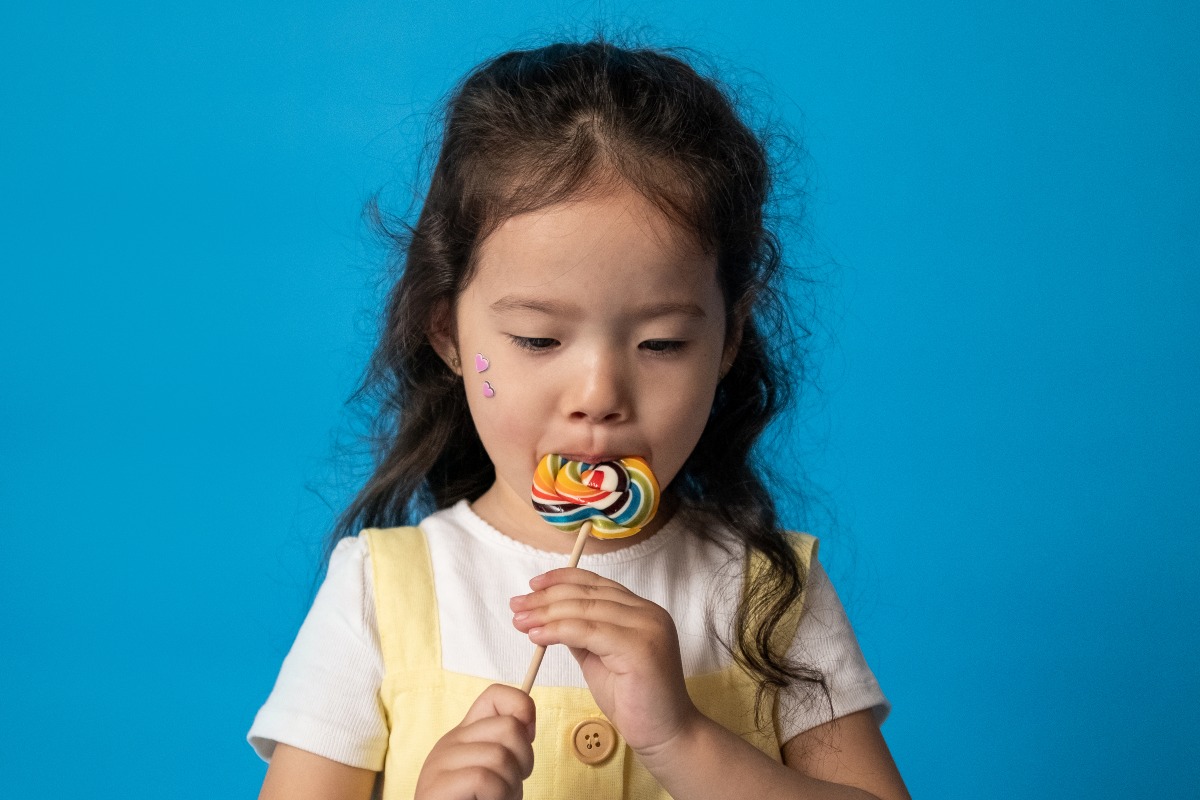
Many people say that there is no right way to parent children. If this statement is accurate, one could infer the opposite as well: there is no wrong way to parent children. This simply isn’t true. Permissive parenting is a harmful parenting style. In this blog, we’ll outline the possible damages of permissive parenting.
Characteristics of Permissive Parenting
Permissive parenting includes high warmth with low strictness. Often, the parents want to be the child’s friend instead of a parent. They bribe their children to behave well rather than enforce discipline.
Despite the parents’ responsiveness, the children receive no rules. Frequently, they aren’t given expectations and responsibilities. When the children ask for anything, the parents say “yes.” Consequently, the child never learns to cope with obstacles. Similarly, these parents let children make important life decisions without guidance. Children of permissive parents may not understand the consequences of their choices.
Harms of Permissive Parenting
Parents must raise their kids into functional adults. They’re responsible for making sure they have the proper skills to do so. Unfortunately, permissive parents can’t apply discipline or rules. This can damage their children’s development.
Poor Mental Health
If possible, parents shouldn’t put their kids in a position to develop mental health disorders. Sadly, that’s what permissive parents do by being so relaxed. Children of permissive parents become entitled. When they get out into the real world, they face a different reality. They can’t handle the obligations. They can’t get their way anymore. Facing adversity can lead to symptoms of mental health conditions.
The Journal of American College Health confirmed this in a 2016 cross-sectional study on college students with permissive parents. College presents young adults with challenges, leading to high stress. Additionally, these young adults show symptoms of depression.
Emotional Intelligence Struggles
Permissive parenting stunts a child’s control over their emotions and behaviors. Their parents give them whatever they want any time they’re upset. They always hear “yes,” which prevents them from emotionally regulating when life doesn’t go their way.
The Journal of Abnormal Child Psychology shows this in a 2019 longitudinal study. The researchers checked in on kids at 14 months, 24 months, four years, seven years, and 15 years. Over time, they found that kids with permissive parents developed emotional instability. They showed more sadness, anger, and mood swings than any other parenting style. Eventually, many adolescents with permissive parents formed conduct disorders.
Drug and Alcohol Use
Teenagers and young adults fall into high-risk groups for substance abuse and addiction. At this age, the pre-frontal cortexes — which control their decision-making and impulsivity — aren’t fully developed. Especially with permissive parents, they may indulge in substances without realizing the consequences.
A 2013 Psicothema study confirmed this assumption. In students aged 11 to 19, researchers found a connection between permissive parents and substance abuse. Permissive parenting resulted in high use of alcohol, cannabis, and tobacco. Interestingly, if the teen’s gender matched the permissive parent’s gender, the effect of permissive parenting increased.
If you grew up with a permissive parent, you might find that you’re unable to control your emotions or mental health. After adolescent drug or alcohol use, you may have developed an addiction. This could become your primary coping method. You aren’t a lost cause, however. With help from qualified professionals, you can heal from your developmental trauma. The Guest House wants to help you overcome your self-destructive behaviors. Our dual diagnosis residential program offers you an opportunity to handle your addiction and trauma concurrently. When you’re ready to start down a new path, call (855) 483-7800.